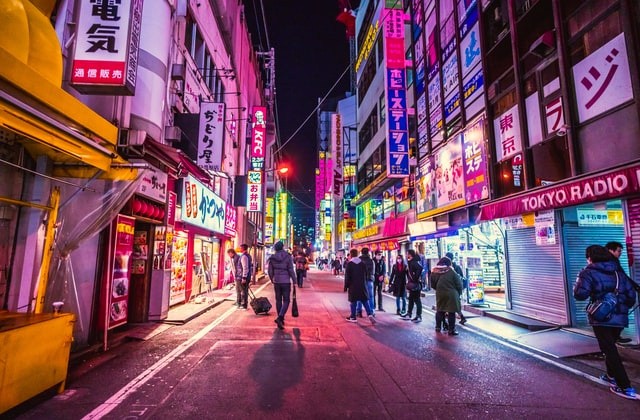COVID-19 pandemic forces Japan's theme park to ban visitors from screaming in roller coasters. How can you enjoy the rides without shouting? This pandemic has truly limiting people to do such activities.

Why no screaming?
The Wall Street Journal's report explained that screaming could possibly release infected droplets or particles. In a video was released by Fuji-Q Highland demonstrates proper roller-coaster etiquette. The two executives from the Fuji-Q Highland amusement park, Koichiro Horiuchi and Daisuke Iwata, rode the park's Fujiyama coaster, which runs up to 80 miles per hour (128 kilometers), formally clad and properly masked.
The video showed a lesson that people can ride roller-coasters without screaming. One of the executives can be seen adjusting his face mask and hair while their hands are clenching the safety bars tightly. As they take deep drops and tight turns that send them sideways, their bodies shake back and forth; but they are as quiet as sleeping kittens from the beginning of the ride until the end, as described by the report.
In late May, the no-yelling recommendation was included in a set of reopening guidelines released by the East and West Japan Theme Park Associations, compromising dozens of major park operators.
"We received complaints that the theme park association's request to not make loud noises was impossible and too strict," said a Fuji-Q told WSJ.
"That's why we decided to release the video," added the spokesman.
The theme-park associations' guidelines suggested additional standard protocols that have been widely adopted by different businesses across the globe, such as temperature checks, face-mask requirements, emphasis on social distancing, and reduced capacities.
Is Tokyo the new COVID-19 hotspot?
Anadolu Agency reported that Japan's capital, Tokyo received a single-day record of novel coronavirus infections on Thursday, July 9. The health authorities reported 224 more cases. Japan's Kyodo news agency added that over 7,000 COVID-19 cases among more than 20,000 across the country were documented by Tokyo.

"The medical system is presently not under strain," said Health Minister Katsunobu Kato.
Tokyo's COVID-19 cases dropped to double digits in the past seven days; only 75 new cases was reported on Wednesday, July 8. The highest daily cases was recorded on April 17, with 206 new coronavirus patients.
The governor of Tokyo assured that assistance will be given to bar owners if they closed down to help stem the spread since the rise in infections has been linked to night clubs.
Also Read: COVID-19: 99.8% of Coronavirus Dies Using This Office 'Air Filter,' Says Study
ⓒ 2026 TECHTIMES.com All rights reserved. Do not reproduce without permission.




